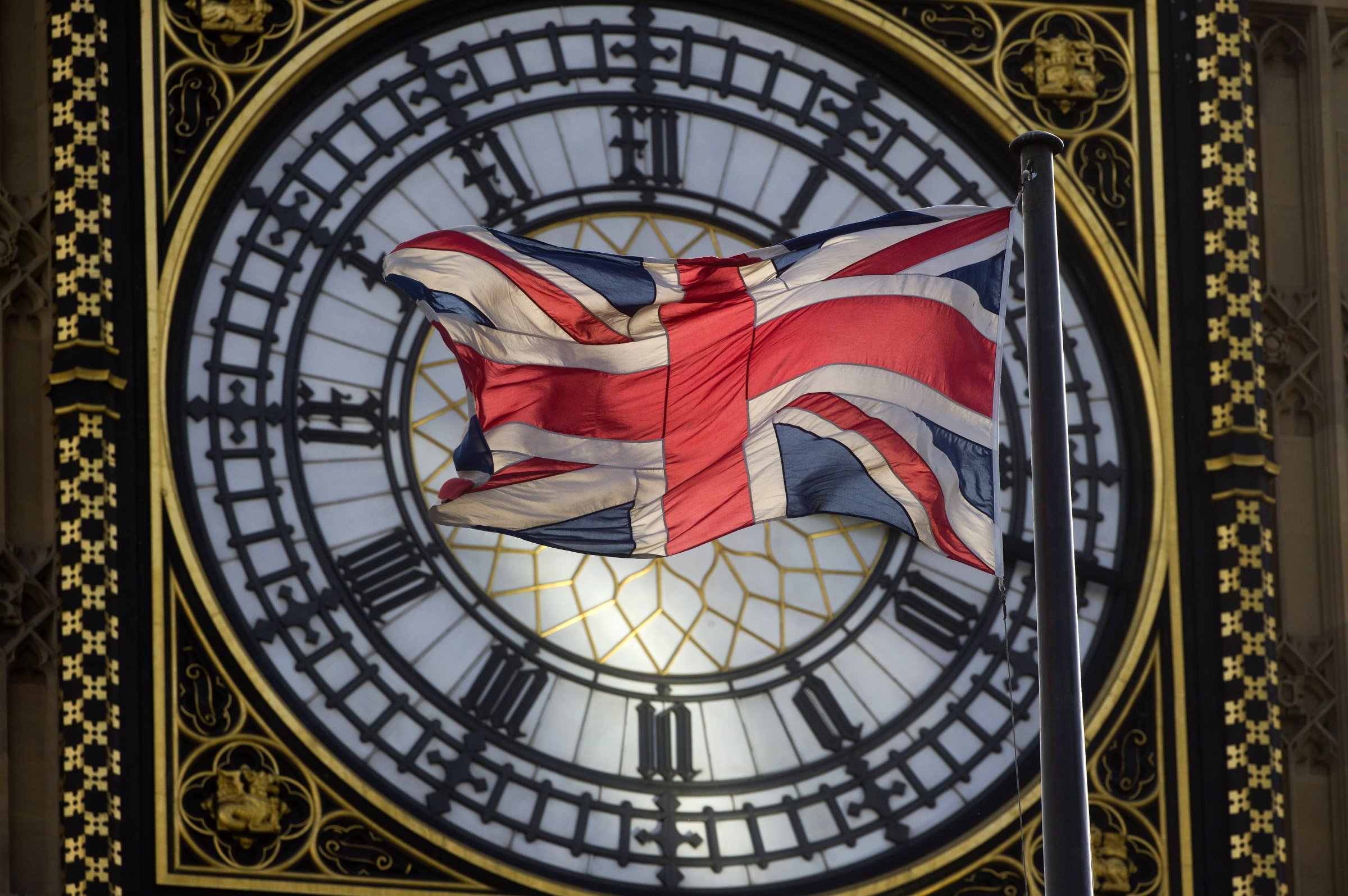
A United Kingdom advertising authority recently gave the country’s businesses a refresher on which words are kosher to use in advertisements.
The Committees of Advertising Practice (CAP) updated its guidelines this month on offensive language in non-broadcast ads, but the CAP emphasizes that its recommendation on language “does not constitute legal advice.”
Here’s what’s been given the OK in the U.K.:
Here’s what hasn’t:
The only set-in-stone rule is that “advertisements should contain nothing that is likely to cause serious or widespread offense,” and that compliance with the code is judged on context, according to the U.K. Advertising Standards Authority, which administers CAP’s guidelines. As a result, ads banned for offensive content are mostly done so after they’ve aired.
Stateside, it’s a similar story but without specific recommendations. Broadcast advertisements are regulated by the Federal Communications Commission (FCC), which bars obscene, indecent and profane content. Profanity is defined as “language so grossly offensive to members of the public who actually hear it as to amount to a nuisance,” according to the FCC’s guidelines. Like in the U.K., the FCC welcomes public complaints, but offensive ads are removed only after complaints.
That doesn’t meant that U.S. advertisers aren’t allowed to flirt with language that may be somewhat profane, though. Advertisers are now using more daring language as a means to attract younger audiences, according to the New York Times. Here are two ads that just made the cut:
Fun stuff!
More Must-Reads from TIME
- Donald Trump Is TIME's 2024 Person of the Year
- Why We Chose Trump as Person of the Year
- Is Intermittent Fasting Good or Bad for You?
- The 100 Must-Read Books of 2024
- The 20 Best Christmas TV Episodes
- Column: If Optimism Feels Ridiculous Now, Try Hope
- The Future of Climate Action Is Trade Policy
- Merle Bombardieri Is Helping People Make the Baby Decision
Contact us at letters@time.com